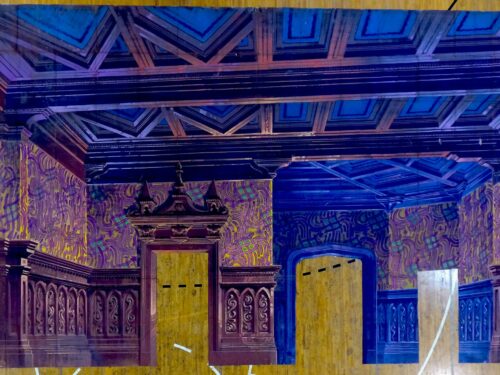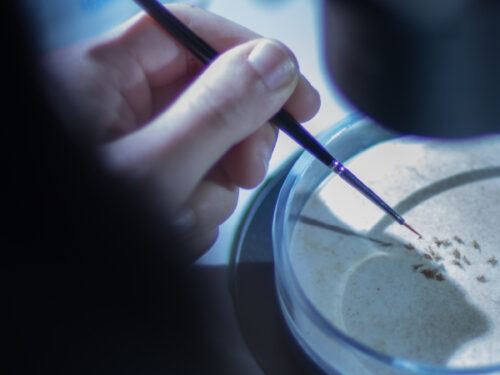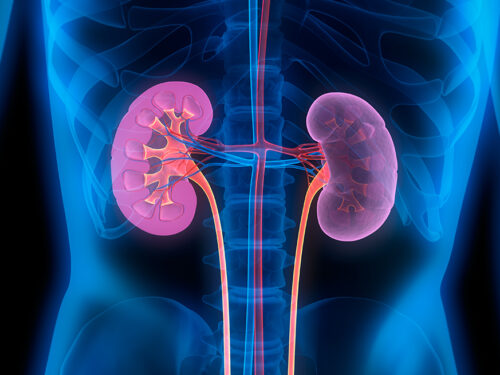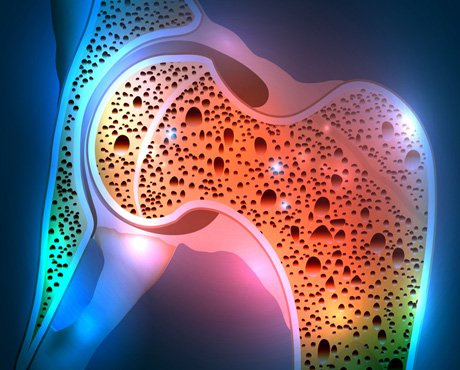
The Malta Community Chest Fund (MCCF) has joined forces with the University of Malta and is financially supporting a research project in the genetics of Osteoporosis and Fractures in Malta.
This collaboration is the result of discussions between the Research Trust and the MCCF with the involvement of H.E. President Marie-Louise Coleiro Preca, who, having visited the research facilities of the University in December 2015, is a declared supporter of the long term benefits of research.
Osteoporosis is a silent bone disease characterised by low bone mass and reduced strength leading to increased brittleness and fracture risk. In Malta, the number of people affected with osteoporosis is estimated to be around 20% in women and 6% in men aged 50 years and older. One of the most important risk factors that play a major role in the development of osteoporosis and fractures is family history, which highlights the presence of a genetic heritable component.
Individuals with a family history may become affected at any age, even below the age of 40 years, with a greater risk of sustaining an osteoporotic fracture. Postmenopausal women fall into the highest risk group since at menopause, oestrogen levels, which help maintain bone strength and inhibit bone destruction, decrease. This abrupt drop in oestrogen directly affects bone, increasing a woman’s risk of developing osteoporosis.
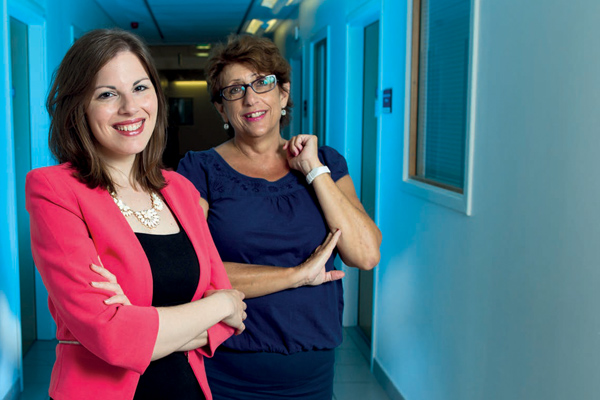
Prof, Angela Xuereb, Dean of the Faculty of Health Sciences, together with Dr Melissa Formosa from the same faculty, are co-ordinating this study on behalf of the University of Malta. The research team also includes Dr Stephanie Bezzina Wettinger, Dr Joseph Borg and Dr Rosienne Farrugia.
TheUniversity of Malta is currently collaborating with two large international consortia GENOMOS and GEFOS, to identify genetic factors underlying osteoporosis and fracture risk in different populations. A number of newly discovered gene variants are currently being tested in the Maltese population, which require further investigation to confirm their involvement in bone physiology.
This project will study genotyping of new variants in order to increase the list of potential genes which could be used in the diagnosis of susceptible individuals and how the new gene variant might be affecting bone formation. The study is working with two newly recruited Maltese families with a family history of osteoporosis, with the aim of identifying potentially new genes contributing to the disease.


